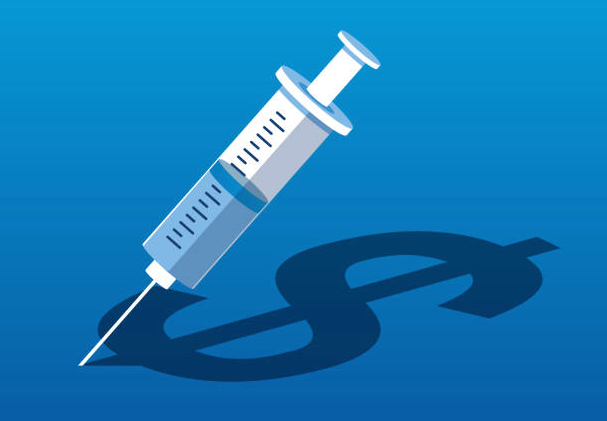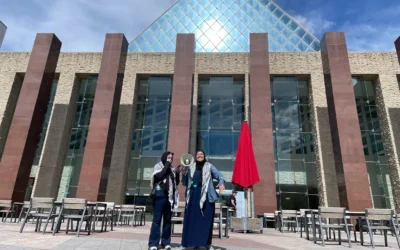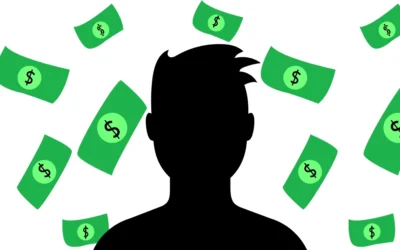A look at how rewards and lotteries affect vaccine statistics
On Sept. 3, Premier Jason Kenney announced, with verbalized reluctance, a $100 gift card for those who receive their first or second dose of any of the COVID vaccines between Sept. 3 and Oct. 14. The policy was preceded by MacEwan University’s “Vaccination Tuition Contest,” which was announced on Apr. 2 and opened up on Sept. 9, and was explained in detail on the University’s website. The contest is open for applications between Sept. 9 and Sept. 30, and consists of a draw of five random applicants who must show proof that they are fully vaccinated at the time of the award disbursement, some unspecified time during this fall semester. The winners will have their tuition fees waived, or reimbursed if already paid.
These are not unprecedented moves, as other governments have also introduced monetary incentives to attract those who are vaccine hesitant. Ohio became the first state to offer sizable cash prizes when the Governor of Ohio announced in early May that the state would be distributing a number of one-million-dollar prizes, as reported by NBC News. Alberta rolled out a replica that was dubbed the “Open for Summer Lottery” at the end of last spring, which is detailed on the Government of Alberta website.
With the majority of Canadians, and to a lesser but marginal extent Albertans, being vaccinated according to the Government of Canada’s vaccine statistics, some people are wondering whether such reward systems do actually work to increase the uptake of vaccines among the vaccine hesitant. Data from the Government of Alberta’s website on COVID statics, on the number of vaccines administered by date shows a brief increase in first-dose vaccine uptake happening in the days following the announcement of the Open for Summer Lottery with a gradual decline starting within four days before retracting to the average plateau within a week. Second-dose uptake followed a similar pattern. A comprehensive study done by research physicians at Boston School of Medicine, using data from the CDC on vaccine uptake and published in the medical journal JAMA on July 2, found that the Ohio incentives did not significantly increase vaccination rates, either.
An article by the Economist on Aug. 16 tried to quantify the effectiveness from a cost-saving perspective with claims that the lottery approach saved the government 12 times the money they offered in prizing in hospitalization expenditures, and loss of productivity, specifically in the case of Ohio. The issue with the approach taken by the Economist is that the projections of money saved were modelled on the assumption that a set percentage of those immunized during the lottery window would get severely ill and be hospitalized if they were not vaccinated, while those numbers may not be completely accurate.
A study in Germany published in the peer-reviewed journal “Proceedings of the National Academy of Sciences of the United States of America” or PNAS, that surveyed over 200,000 participants found that incentives, including monetary ones, combined with increased liberties, do tend to increase uptake, but only for a segment of the population that does not have strong convictions against vaccinations.
It wouldn’t be unreasonable for students, especially with increased fees and rising inflation, to be excited and participate in competitions like the one here at MacEwan, but as far as statistical evidence is concerned, monetary rewards are not the solution to changing peoples’ willingness to receive the vaccine.





0 Comments